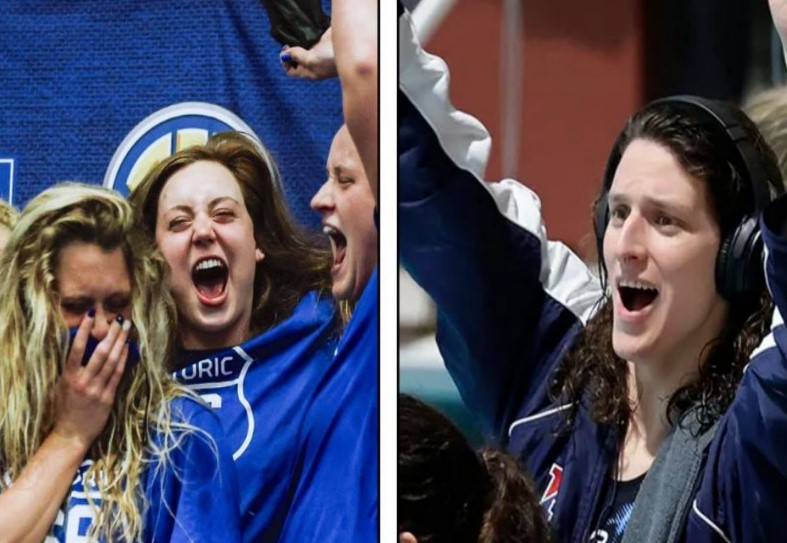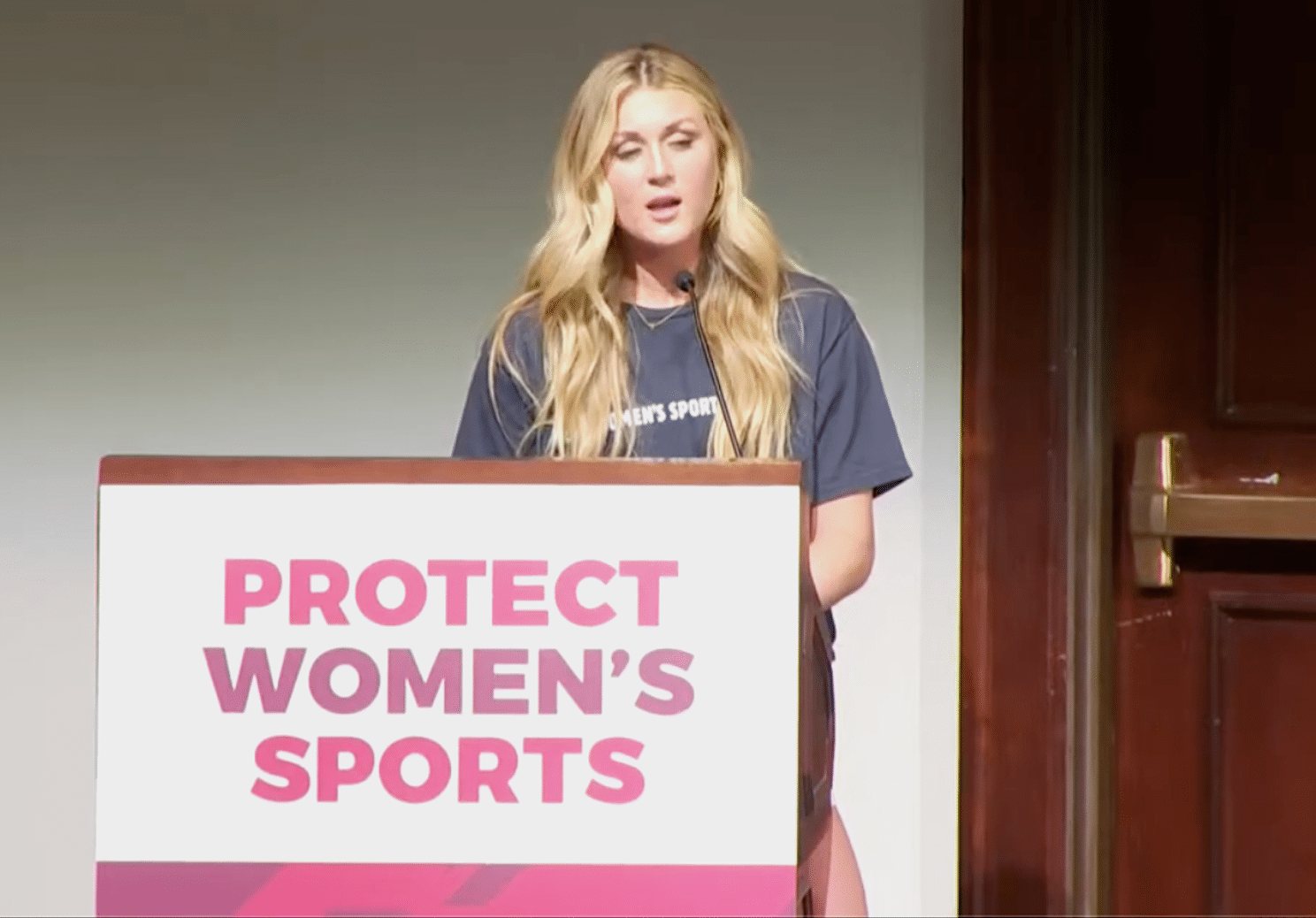
Background: Controversy Over Medal Distribution
Riley Gaines, a former collegiate swimmer, has recently garnered public attention following her outspoken stance on fairness in women’s sports. The controversy stems from Gaines’ previous competitions in which she shared the podium with Lia Thomas, a transgender swimmer who has been at the center of public and institutional debate.
Gaines raised concerns about how awards and recognition were distributed during these events, expressing that the decision-making process lacked transparency and fairness. Her critiques reflect a broader conversation on how sports organizations, including the NCAA, navigate the principles of inclusion and competition.
Fact-Check: No Official Settlement Reported
As of this writing, no credible or official source confirms a $50 million settlement between Riley Gaines and the NCAA. Reputable news outlets such as Reuters, Associated Press, ESPN, or NCAA.org have not issued any reports of a legal resolution or financial compensation involving Gaines. Thus, any claim of a monetary settlement should be treated as unverified unless substantiated by official sources.
✅ Note: Always consult primary sources or statements from the involved parties when assessing legal outcomes.
Gaines’ Advocacy for Competitive Fairness
While no lawsuit outcome is confirmed, Riley Gaines has remained a vocal advocate for what she views as integrity and fairness in sports. In multiple public forums, interviews, and opinion pieces, she has emphasized her belief that competitive sports should prioritize merit-based performance. Her stance resonates with athletes and supporters who express concern about evolving regulations and how they may affect women’s athletics.
In her own words during previous public appearances, Gaines has stated:
“I believe in fairness, and I believe women deserve equal opportunity to succeed in sports based on merit and hard work.”
Public Reactions and Broader Implications
Gaines’ position has sparked passionate debate across the sports community. Some view her as a defender of meritocracy and athletic standards, while others argue that her criticisms could be interpreted as dismissive of broader inclusion efforts.
Organizations like the NCAA face the ongoing challenge of ensuring that their policies are both inclusive and competitive. The Gaines-Thomas debate has become symbolic of wider questions regarding gender, eligibility, and fairness in sport.
While Gaines has not pursued confirmed legal action resulting in a financial settlement, her advocacy continues to influence policy discussions and shape public opinion.

Conclusion: What This Means for the Future of Sports
The discussion surrounding Riley Gaines, Lia Thomas, and the NCAA reflects a larger cultural moment where the values of fairness, inclusion, and performance must be balanced thoughtfully. Rather than focusing on unverified financial claims, the heart of the matter lies in how athletic organizations address complex issues in a way that respects all athletes.
Going forward, stakeholders in the sporting world — including athletes, organizations, and fans — must continue to engage in informed, respectful dialogue to ensure that sports remain a space where both excellence and equity thrive.



